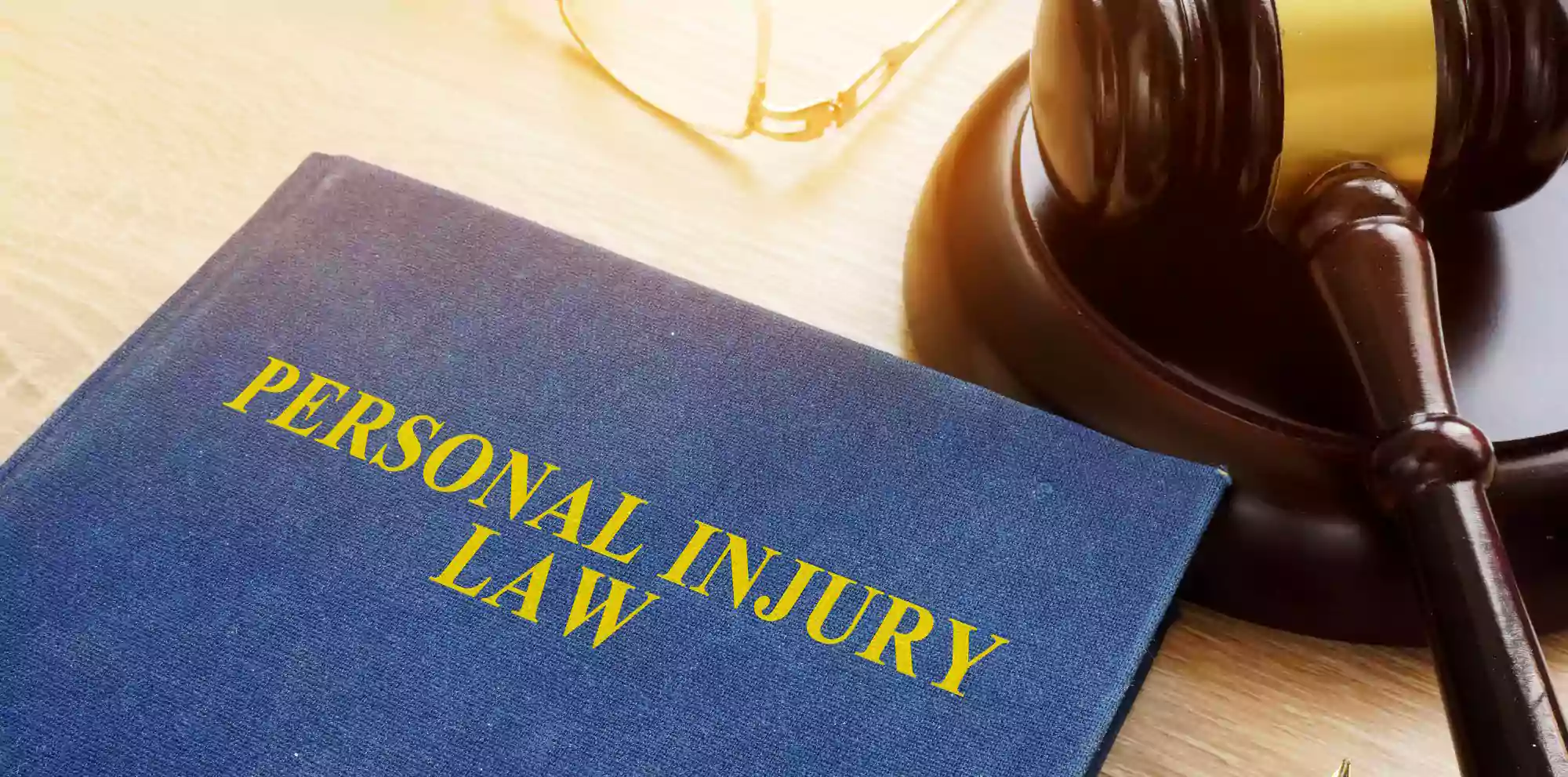- Our Lawyers Have Over 50 years of Personal Injury Law Experience
- Aggressive and Personal Representation
Pocono Wrongful Death Lawyers
What is ” wrongful death?”
Who can sue for wrongful death?
How is the amount of damages determined?
Must a settlement be shared with all relatives?
What is the statute of limitations for filing a wrongful death claim?
What is the difference between medical malpractice and wrongful death?
What is the difference between murder and wrongful death?
What are survival statutes?
Can a judgment obtained as a result of a wrongful death be discharged in bankruptcy?
Q: What is “wrongful death?”
A: The idea behind a wrongful death lawsuit is that the wrongful death, in addition to injuring the person who died, also injured people who depended upon the deceased for financial or emotional support. The wrongful act may be:
A negligent or careless act such as careless driving
A reckless act
An intentional act such as a deliberate murder
Almost every state has enacted a statute permitting a lawsuit to be brought by the relatives of a person who died as a result of a wrongful act.
Q: Who can sue for wrongful death?
A: The representative allowed to bring a wrongful death suit is defined by the state. In some states, it may be only a spouse and children. In other states, grandparents or other relatives may also be allowed to bring a lawsuit. Some states have enacted restrictions on filing when one family member would be suing another family member for the wrongful death of a third family member.
Q: How is the amount of damages determined?
A: The amount of damages can be a very complicated question. Survivors can usually sue for medical bills paid for the care of the person who was injured, as well as for burial expenses. But because the idea is that the survivors have been injured by the absence of the person who died, determining the amount of damages requires consideration of what probably would have occurred in the future. The damages that can be assessed may include:
An estimate of the amount of earnings the person who died would have earned if they had lived
Pain and suffering experienced by the survivors due to the absence of the deceased person
Estimates of future earnings usually require expert testimony involving the deceased person’s future earning capacity.
Q: Must a settlement be shared with all relatives?
A: Possibly. State law, along with any documents signed by relatives and the type of action filed, would determine what, if any, obligation the relatives filing the lawsuit have in sharing the settlement.
Q: What is the statute of limitations for filing a wrongful death claim?
A: Like many types of suits, there is a time frame that must be observed when filing the suit or the opportunity to file the claim is forever lost. The time frame for filing is set by state law. The clock begins to run from the time of the incident or, in some states, from the time the party became aware of, or discovered, the injury.
Q: What is the difference between wrongful death and medical malpractice?
A: Wrongful death is probably saying that a death was a result of the medical malpractice. Malpractice is basically a type of negligence and wrongful death is a type of damages. It is possible to have a medical malpractice wrongful death case, but not every medical malpractice case is a wrongful death case and not every wrongful death case is a medical malpractice case.
Q: What is the difference between murder and wrongful death?
A: O.J. Simpson was charged with first degree murder in the state court in California. The jury found him “Not Guilty.” A “not guilty” verdict means the state failed to prove the charges “beyond a reasonable doubt”, which is the standard of proof in all criminal prosecutions. Criminal cases are brought on behalf of the citizens of a particular state or federal district, not by the victims or their families.
After O.J. Simpson was found not guilty in the criminal case, the families of Nicole Brown Simpson and Ron Goldman sued him in the state court in California for wrongfully causing their deaths. Civil lawsuits for wrongful death are tried for money damages, not to put the defendant in prison. Civil cases are brought in the name of individuals, not in the name of the State.
The burden of proof in criminal and civil cases is different. In criminal cases, the standard is “proof beyond a reasonable doubt.” There is also a presumption of innocence that stays with the defendant until and unless the jury returns a guilty verdict. In civil cases, the standard of proof is “by a preponderance of the evidence,” which essentially means “more likely than not,” or put another way, proof by 51% or more.
Q: What are “survival statutes?”
A: If an injured party files suit but then dies before the case is concluded, the survivors or beneficiaries – for example, the widow – may continue the suit on the behalf of the deceased or the estate of the deceased.
Q: Can a judgment obtained as a result of a wrongful death be discharged in bankruptcy?
A: Possibly. The bankruptcy code permits the discharge of negligence damages. But some bankruptcy courts may make damages resulting from “recklessness” or gross negligence non- dischargeable.






